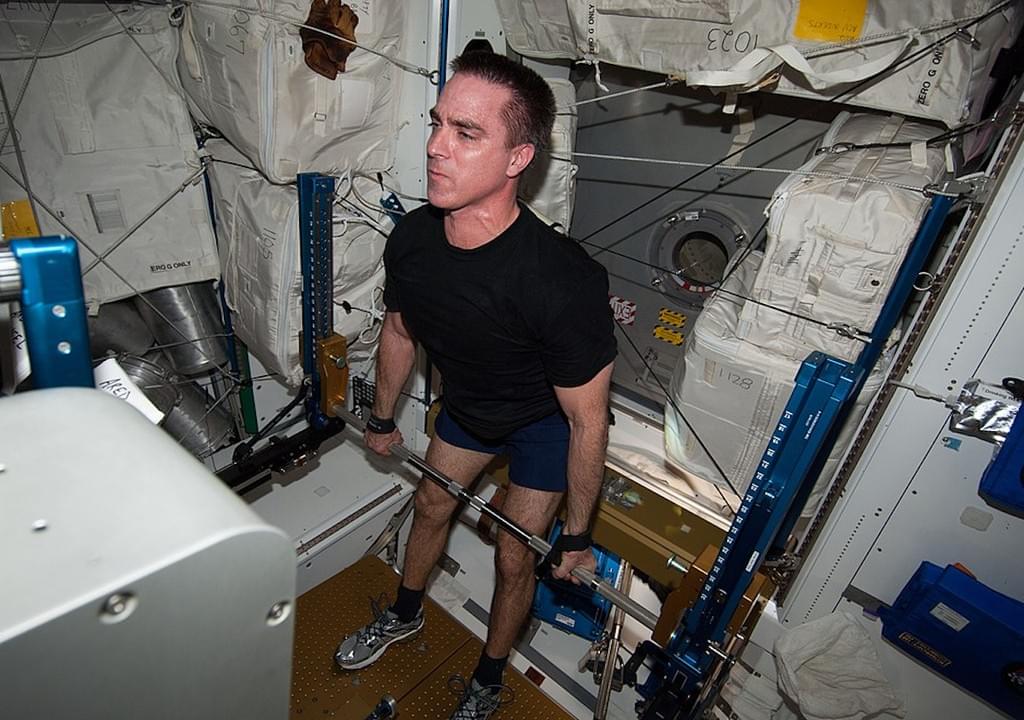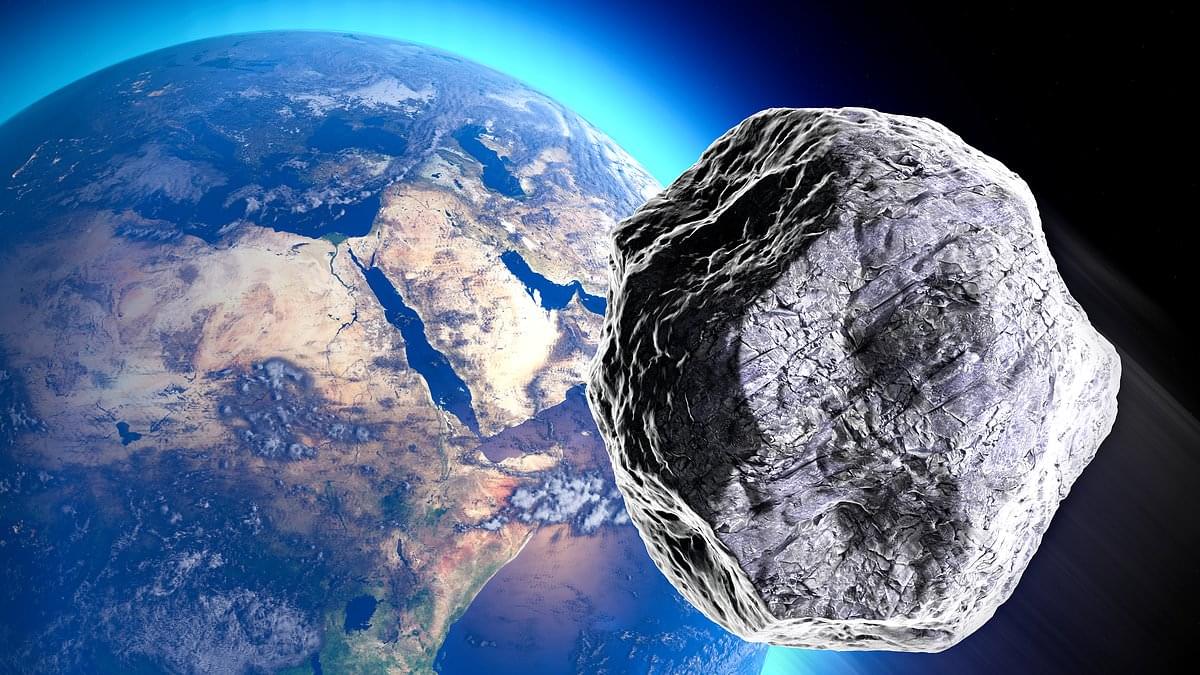CERN’s quest to understand antimatter and its differences from matter gets a boost.
CERN’s new optical fiber link to Paris enhances antimatter research precision, paving the way for new discoveries about the universe.


Head to https://squarespace.com/artem to save 10% off your first purchase of a website or domain using code ARTEMKIRSANOV
Socials:
X/Twitter: https://twitter.com/ArtemKRSV
Patreon: / artemkirsanov.
My name is Artem, I’m a graduate student at NYU Center for Neural Science and researcher at Flatiron Institute.
In this video video we are exploring a fascinating paper which revealed the role of biological constraints on what patterns of neural dynamics the brain and cannot learn.
Link to the paper: https://www.nature.com/articles/s4159… small correction: I didn’t mention in this in the video, but the dimensionality-reduction process for BCI was two-stage. First, the source 90D neural activity was non-linearly projected to 10 using Factor analysis, and only after that 2D projections of this 10D space were shown as cursor positions. It doesn’t change the interpretation of the result, just wanted to be more technically correct about the methods. Outline: 00:00 Introduction 01:01 Temporal sequences 02:10 The experimental challenge 4:42 Biofeedback and BCIs as a research tool 7:30 Sponsor: Squarespace 8:44 Experimental setup 11:36 Two 2D projections of neural activity 12:53 Switching BCI mapping reveals activity constraints 14:46 Conclusion Icons by Freepik and Biorender Music by Artlist.
A small correction: I didn’t mention in this in the video, but the dimensionality-reduction process for BCI was two-stage. First, the source 90D neural activity was non-linearly projected to 10 using Factor analysis, and only after that 2D projections of this 10D space were shown as cursor positions. It doesn’t change the interpretation of the result, just wanted to be more technically correct about the methods.
Outline:
A breathtaking new image of the RCW 38 star cluster showcases a cosmic nursery bursting with color, light, and energy.
Located 5,500 light-years away, this region teems with young, newly formed stars and swirling clouds of glowing gas. The European Southern Observatory’s powerful VISTA telescope cuts through the dust to reveal hidden celestial wonders, offering astronomers a rare glimpse into the chaotic beauty of star birth.
A stunning glimpse of RCW 38.

Life on Earth has always existed in the flux of ionizing radiation. However, fungi seem to interact with the ionizing radiation differently from other Earth’s inhabitants. Recent data show that melanized fungal species like those from Chernobyl’s reactor respond to ionizing radiation with enhanced growth. Fungi colonize space stations and adapt morphologically to extreme conditions. Radiation exposure causes upregulation of many key genes, and an inducible microhomology-mediated recombination pathway could be a potential mechanism of adaptive evolution in eukaryotes. The discovery of melanized organisms in high radiation environments, the space stations, Antarctic mountains, and in the reactor cooling water combined with phenomenon of ‘radiotropism’ raises the tantalizing possibility that melanins have functions analogous to other energy harvesting pigments such as chlorophylls.

Astronomers might find life in the unlikeliest of places.
Could white dwarf stars host habitable exoplanets that might support life as we know it? This is what a recent study published in The Astrophysical Journal hopes to address as an international team of researchers investigated the surface temperatures of exoplanets orbiting white dwarfs and compared them to exoplanets orbiting Sun-like stars. White dwarfs are smaller, denser remnants after a Sun-like star dies, stops nuclear fusion (converting hydrogen to helium), and sheds its outer layers, thus implying they could be inhospitable for life-giving exoplanets.
For the study, the researchers used computer models to compare Earth-like exoplanets each orbiting a white dwarf star and the main-sequence K-dwarf star, Kepler-62, both of which exhibit temperatures of approximately 5,000 Kelvin (8,540 degrees Fahrenheit/4,727 degrees Celsius). For context, our Sun’s temperature is 5,772 Kelvin (9,930 degrees Fahrenheit/5,499 degrees Celsius).
Kepler-62 currently hosts five known exoplanets, with two of them orbiting within its star’s habitable zone. Additionally, while Kepler-62 is still demonstrating nuclear fusion, like our Sun, white dwarfs don’t, as noted above. In the end, the computer models made some remarkable findings regarding the habitable potential for exoplanets orbiting white dwarf stars. The models revealed the white dwarf exoplanet’s surface temperature was approximately 25 Kelvin hotter than the exoplanet orbiting Kepler-62, which the team attributes to the former’s faster rotation and orbital period, resulting in reduced cloud cover and higher surface temperatures.
Rods of iron from God from the Moon – see why the US must beat China to the Moon for freedom, for survival.
GoldBacks from Galactic/Green Greg’s affiliate link:
https://www.defythegrid.com/goldbacks… coupon code GreenGregs for 1% off Outstanding Antioxidant for Your Health: https://shopc60.com/ Use discount code: GreenGregs10 for 10% off Inspire your kids to love science! SAVE 20% OFF New Science Kits Using Code: NEWKITSSAVE20 https://www.pntra.com/t/SENKTExNSUhDR… For gardening in your Lunar or Mars habitat GalacticGregs has teamed up with True Leaf Market http://www.pntrac.com/t/TUJGRklGSkJGT… Awesome deals for long term food supplies for those long missions to deep space (or prepping in case your spaceship crashes: See the Special Deals at My Patriot Supply: www.PrepWithGreg.com For that off-grid asteroid homestead stock up with Lemans before you blast off: https://www.pntrs.com/t/SENJR0ZOSk9DR…

What exercises can future astronauts on long-term missions to the Moon or Mars conduct to help mitigate the effects of cartilage damage resulting from microgravity? This is what a recent study published in npj Microgravity hopes to address as an international team of researchers investigated the health benefits of future astronauts performing jumping workouts during long-duration space missions. This study holds the potential to help astronauts, mission planners, and the public better understand the risks and strategies for long-duration space missions, especially as human exploration expands to the Moon and Mars.
“Think about sending somebody on a trip to Mars, they get there, and they can’t walk because they developed osteoarthritis of the knees or the hips and their joints don’t function,” said Dr. Marco Chiaberge, who is a research scientist at Johns Hopkins University and lead author of the study. “Astronauts also perform spacewalks often. They serviced the Hubble Space Telescope five times, and in the future, they will need to spend more time in space and the Moon, where we will build larger telescopes to explore the universe and where they will need to stay as healthy as possible.”
For the study, the researchers conducted a nine-week study with mice to ascertain the benefits of jumping exercises three times a week compared to limited movement regarding cartilage growth and sustainability. In the end, the researchers found that not only did the mice who participated in jumping exercises exhibit a 26 percent increase in cartilage compared to 14 percent reduction for the non-movement mice, but the jumping mice also displayed 110 percent thicker cartilage. Additionally, the jumping mice were found to exhibit 15 percent greater bone mineral density due to the jumping exercises.


The move places True Anomaly in closer proximity to the Space Systems Command in Los Angeles, which oversees billions in Space Force procurement, and taps into Southern California’s deep aerospace talent pool.
The majority of the Long Beach factory will be dedicated to the design, development and manufacturing of new products for the military market, including some being developed for classified U.S. Space Force programs, True Anomaly’s CEO Even Rogers said in an interview.
The company’s headquarters and existing manufacturing facility will remain in Centennial, Colorado, where True Anomaly makes its flagship product, the Jackal satellite, designed to perform in-orbit activities such as rendezvous and proximity operations, and imaging of objects in orbit. The company also developed an operating system software for space domain awareness called Mosaic.